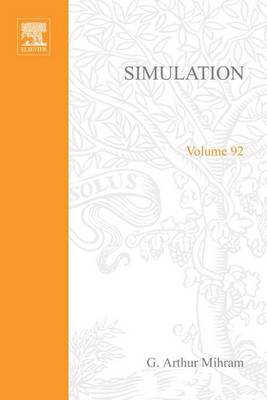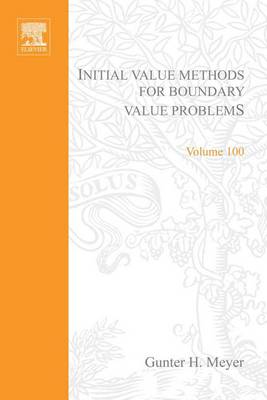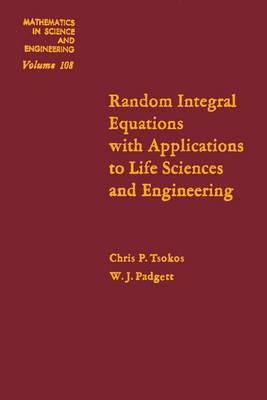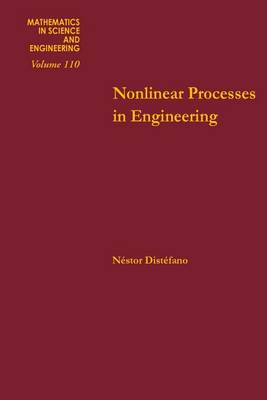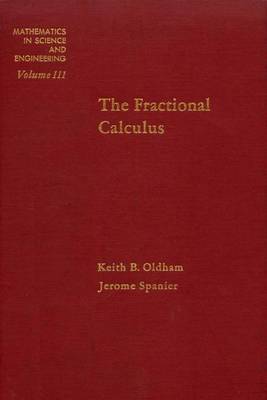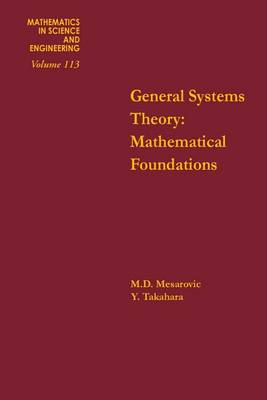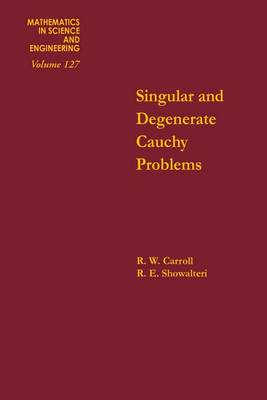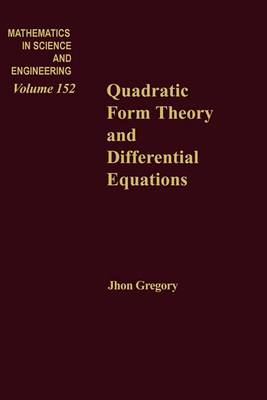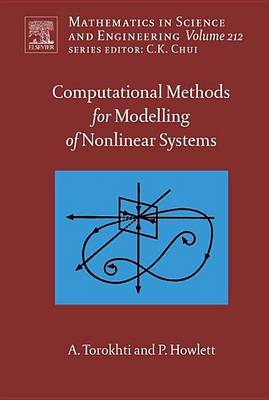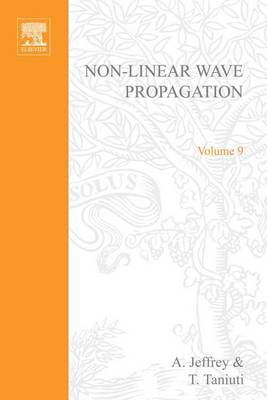Mathematics in Science and Engineering
33 primary works • 41 total works
Book 81
Dynamic Programming and Its Application to Optimal Control
by Anatoli Torokhti and Phil Howlett
Book 92
Simulation: Statistical Foundations and Methodology
by G Arthur Mihram, Anatoli Torokhti, and Phil Howlett
Book 100
Initial Value Methods for Boundary Value Problems
by Gunter H Meyer, Anatoli Torokhti, and Phil Howlett
Book 108
Random Integral Equations with Applications to Life Sciences and Engineering
by Chris P. Tsokos, Anatoli Torokhti, and Phil Howlett
Book 110
Nonlinear Processes in Engineering
by Nestor DiStefano, Anatoli Torokhti, and Phil Howlett
Book 111
methods for low-rank matrix approximations; hybrid methods based on a combination of iterative procedures and best operator approximation; and
methods for information compression and filtering under condition that a filter model should satisfy restrictions associated with causality and different types of memory.
As a result, the book represents a blend of new methods in general computational analysis,
and specific, but also generic, techniques for study of systems theory ant its particular
branches, such as optimal filtering and information compression.
Book 113
General Systems Theory
by Mihajlo D. Mesarovic, Anatoli Torokhti, and Phil Howlett
Book 117
Book 118
Book 127
Singular and Degenerate Cauchy Problems
by Robert Wayne Carroll, Anatoli Torokhti, and Phil Howlett
Book 133
Extensions of Linear-Quadratic Control, Optimization and Matrix Theory
by David H Jacobson, Anatoli Torokhti, and Phil Howlett
Book 152
Computational Methods for Modeling of Nonlinear Systems
by John Gregory and Phil Howlett
methods for low-rank matrix approximations; hybrid methods based on a combination of iterative procedures and best operator approximation; and
methods for information compression and filtering under condition that a filter model should satisfy restrictions associated with causality and different types of memory.
As a result, the book represents a blend of new methods in general computational analysis,
and specific, but also generic, techniques for study of systems theory ant its particular
branches, such as optimal filtering and information compression.
Book 212
Computational Methods for Modeling of Nonlinear Systems
by Anatoli Torokhti
It includes: Best operator approximation, Non-Lagrange interpolation, Generic Karhunen-Loeve transform, Generalised low-rank matrix approximation, Optimal data compression, and, Optimal nonlinear filtering.
Computational Methods for Modeling of Nonlinear Systems by Anatoli Torokhti and Phil Howlett
by Anatoli Torokhti and Phil Howlett
27B
Control Systems Functions and Programming Approaches
by Professor Dimitris N Chorafas, Anatoli Torokhti, and Phil Howlett
18B
Nonlinear Partial Differential Equations in Engineering
by William F. Ames and Phil Howlett
methods for low-rank matrix approximations; hybrid methods based on a combination of iterative procedures and best operator approximation; and
methods for information compression and filtering under condition that a filter model should satisfy restrictions associated with causality and different types of memory.
As a result, the book represents a blend of new methods in general computational analysis,
and specific, but also generic, techniques for study of systems theory ant its particular
branches, such as optimal filtering and information compression.
61A
methods for low-rank matrix approximations; hybrid methods based on a combination of iterative procedures and best operator approximation; and
methods for information compression and filtering under condition that a filter model should satisfy restrictions associated with causality and different types of memory.
As a result, the book represents a blend of new methods in general computational analysis,
and specific, but also generic, techniques for study of systems theory ant its particular
branches, such as optimal filtering and information compression.
Nonlinear Ordinary Differential Equations in Transport Processes
by William F. Ames

